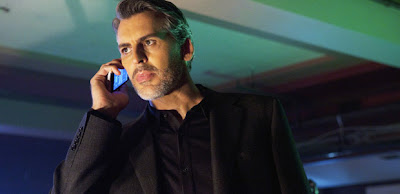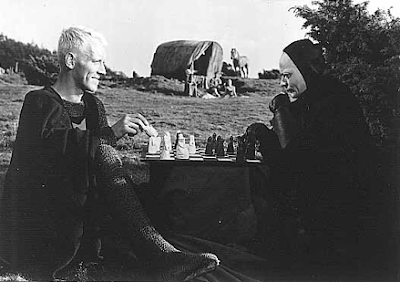
I'm re-reading (listening to) one of my favorite books,
The Lost World by Michael Crichton. I've come to a part in the book where the
gambler's ruin is mentioned, and I always find the idea just counter-intuitive. Here's a bit from the book ....
*******
Gambler's Ruin was a notorious and much-debated statistical phenomenon that had major consequences both for evolution, and for everyday life. "Let's say you're a gambler," he said. "And you're playing a coin-toss game. Every time the coin comes up heads, you win a dollar. Every time it comes up tails you lose a dollar."
"Okay."
"What happens over time?"
Harding shrugged. "The chances of getting either heads of tails is even. So maybe you win, maybe you lose. But in the end, you'll come out at zero."
"Unfortunately, you don't," Malcolm said. "If you gamble long enough, you'll always lose -- the gambler is always ruined. That's why casinos stay in business. But the question is, what happens over time? What happens in the period before the gambler is finally ruined?"
"Okay," she said. "What happens?"
"If you chart the gambler's fortunes over time, what you find is the gambler wins for a period, or loses for a period. In other words, everything in the world goes in streaks. It's a real phenomenon, and you see it everywhere: in weather, in river flooding, in baseball, in heart rhythms, in stock markets. Once things go bad, they tend to stay bad. Like the old folk saying that bad things come in threes. Complexity theory tells us the folk wisdom is right. Bad things cluster. Things go to hell together. That's the real world."
********
Why do things go in streaks when there's supposed to be an even chance for them going either way, and if things go to hell together, do they also go to heaven together? :)




































